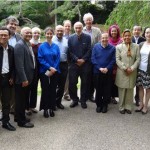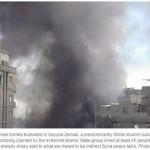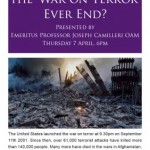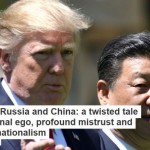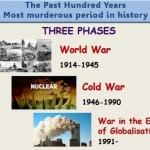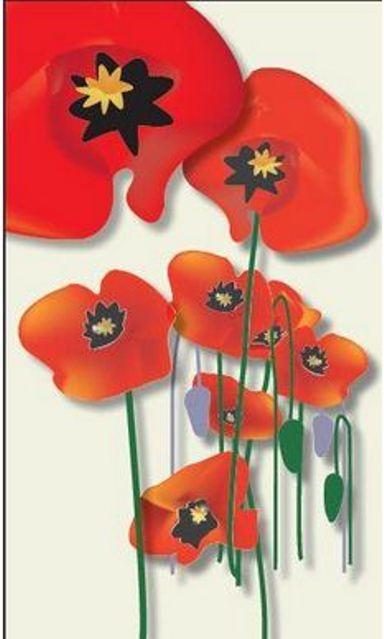
A public forum to consider Australia’s World War I commemoration and whether it pays appropriate respect to those who died believing in a better world.
World War I brought death to approximately 61,000 Australians and shattered the lives of countless others. Globally, a generation was virtually lost.
The legacy of the war continues to this day. A century on, does our commemoration stop short of asking the hard questions such as how such a cataclysmic event could occur, what we learnt from it and whether that responsibility to learn has been lost amid the flag-waving?

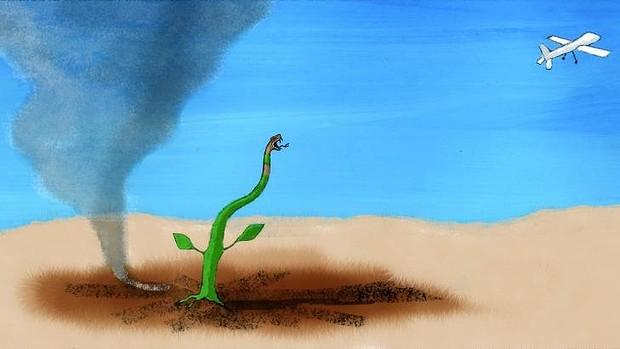

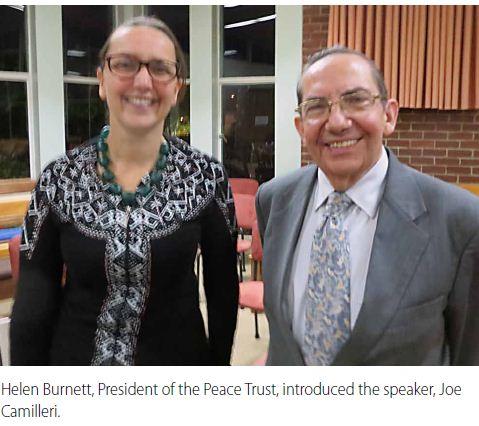
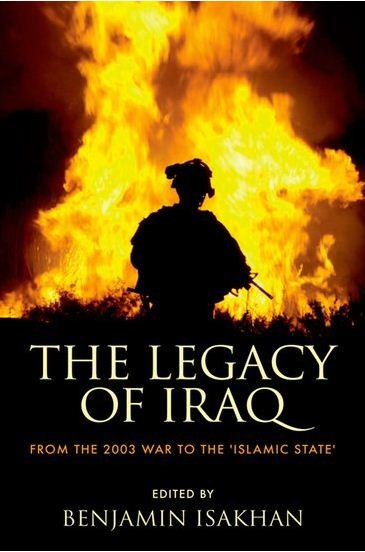 Joseph A. Camilleri, 'Iraq, the Illusion of Security and the Limits to Power', in Ben Isakhan (ed), The Legacy of Iraq: From the 2003 War to the 'Islamic State', Oxford: Oxford University Press, 2015.
Joseph A. Camilleri, 'Iraq, the Illusion of Security and the Limits to Power', in Ben Isakhan (ed), The Legacy of Iraq: From the 2003 War to the 'Islamic State', Oxford: Oxford University Press, 2015.
